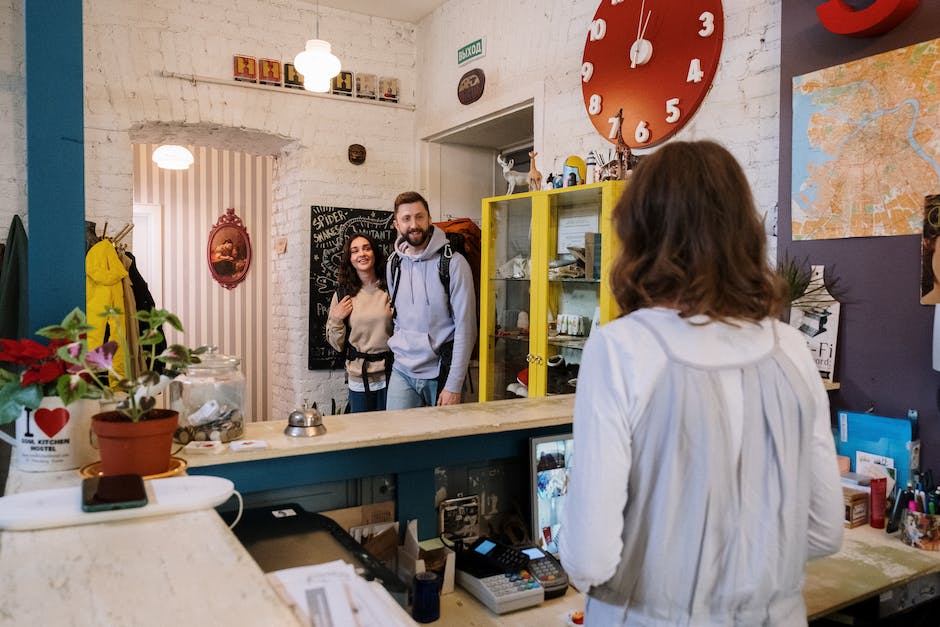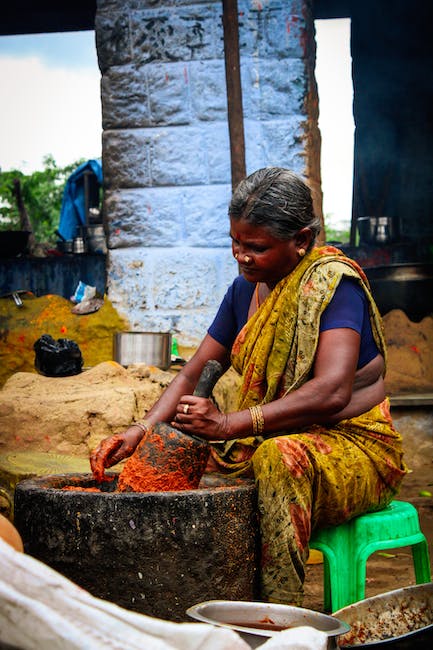We all love traveling, be it with friends, family or solo. In recent years, solo travel has gained immense popularity among many. It’s just not the independence it offers, but the chance to experience the local culture and traditions, which is not always possible when traveling in groups. This is where sustainable travel comes in. It offers travelers a chance to make every trip impactful, enjoyable and responsible, giving back to local communities and the environment. Sustainable travel ensures long-term tourism and helps preserve the natural and cultural heritage of a region. In this article, we bring you a comprehensive guide to budgeting for sustainable travel on solo trips.
Why Plan a Sustainable Solo Travel?

Solo travel has become an increasingly popular choice, primarily because of the independence it offers to travelers. Furthermore, the opportunity to experience the culture and traditions of the locals, which is hard to come by while traveling in groups, increases the appeal of sustainable solo travel. Sustainable tourism ensures that travel is responsible and that the community and environment benefit in the long-term. By choosing sustainable travel options, travelers give back to the local community and help preserve the natural and cultural heritage of the region. If you have an adventurous spirit and want to make your travel experience unforgettable and impactful, then sustainable solo travel is the way to go.
The Early Bird Gets the Best Flight Deals

It’s always essential to plan your trip ahead of time, as it increases the chances of getting better deals, particularly for flights. Setting an early confirmation period and checking out cheaper and alternative weeks and methods of getting there can come in handy. Also, consider other airports in the region instead of main airports. It’s not always about the day of travel, but instead, the time and date. Arriving or departing at an unusual time from popular destinations can save you money.
The Hostel Experience

Hostels are a budget-friendly option for solo travel accommodation. They are not just for college students, but anyone looking for a shared guest room to enjoy social interactions and avoid the risk of loneliness on solo trips. The attractive pricing of hostels is a definite plus when budgeting for sustainable solo travel. However, before booking accommodation, it is important to review other travelers’ ratings and check the hostel’s sustainability measures.
Eat Where the Locals Do

When traveling, food is one of the most significant expenditures. Budgeting for sustainable solo travel involves discovering locally owned and low-key restaurants and street vendors rather than fast-food chains and cafes catering to tourists. A great way to find hidden culinary gems is to ask hotel or hostel staff, as they usually know the locals’ favorite spots. So, if you want to experience the local cuisine and save money in the process, eat where the locals do.
The Benefits of Sustainable Transport

Sustainable solo travel involves using lower carbon impact transportation options like biking, walking, or public transport instead of renting a car. Not only does it cost less, but it also reduces carbon emissions, and exploring new areas on foot or bicycle can lead to unexpected discoveries. If you’re looking to experience your destination while being mindful of your carbon footprint, then sustainable transport is the way to go.
Cheap Souvenirs Are Overrated

Buying cheap plastic souvenirs doesn’t do any favors for the environment or the local community. Instead, consider buying locally manufactured products known for their durability, quality, and cultural significance. These slightly more expensive but useful and long-lasting items benefit both the community and the environment in the long term. By purchasing these products, you contribute to sustainable tourism and do your bit towards long-term tourism development.
Activities Need Planning Too
It’s essential to plan and engage in locally run tours and activities that benefit the local community while minimizing environmental impact. Choosing tour operators that respect natural resources and habitats is a great way to start. Selecting activities that align with your interests is equally important. So, plan your activities carefully to make your sustainable solo travel experience impactful and enjoyable.
Travel Insurance
Travel insurance is crucial when embarking on high-risk activities like extreme sports or visiting high-infection areas. It can save you a great deal of money in case of trip disruption or cancellation. However, it’s important to read the policy carefully to understand what is and isn’t covered and know what to do in case of an emergency. So, make sure to select a reliable insurance policy that accommodates your travel plans.
Knowledge is Power
Before embarking on any solo travel, you must have adequate knowledge of your destination. Researching beforehand helps you understand the culture, customs, etiquette, values, and if there are any local environmental initiatives that align with your goals. By understanding the excellent initiatives in place, you establish good relations with the locals and learn to create an enjoyable, responsible and positive travel experience.
Final Thoughts
Budgeting for sustainable travel is not about sacrificing the quality of your travel experience. Instead, it makes your trip more memorable and enjoyable. Sustainable travel ensures that you take care of the planet and its communities significantly. It offers travelers a chance to immerse themselves in the culture and natural surroundings of their destinations. Ultimately, the travel benefits lie on both parties, the travelers, and the local communities. So, enjoy your sustainable solo travel and remember to be responsible and mindful of your impact.








 You might also be interested in those articles related to solo traveling
You might also be interested in those articles related to solo traveling